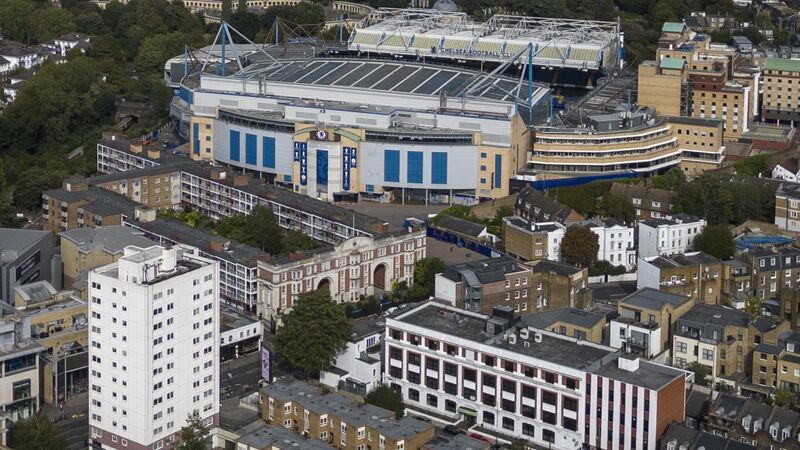Premier League clubs can no longer sell hotels or women’s team to comply with PSR

Chelsea sold two Stamford Bridge hotels to a sister company last year.
Premier League clubs will no longer be able to sell hotels or their women’s teams to get around spending controls after the competition agreed to a new financial rulebook.
At a meeting on Friday, 14 of the Premier League’s 20 clubs voted in favour of a Squad Cost Ratio (SCR) system to replace the existing profitability and sustainability rules (PSR). The clubs also voted overwhelmingly against the introduction of controversial anchoring plans.








